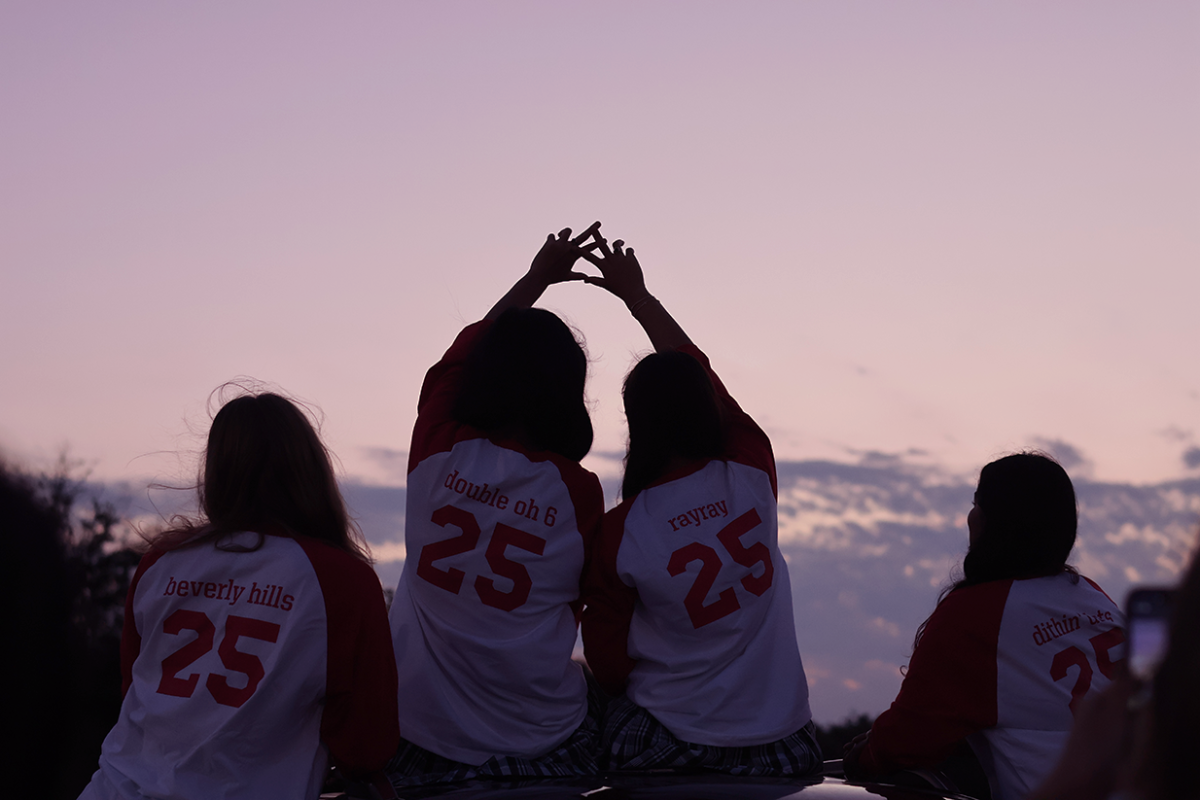All mental illnesses are gravely misunderstood.
I believe this is a widely understood fact, and if anyone were to disagree, I would invite them to listen more closely to their peers, especially in school settings. The words “anxiety” and “depression” run rampant in high school hallways. Students call their teachers “bipolar” if their their grades vary from assignment to assignment and call themselves “OCD” if they manage to keep their files in order.
People throw these terms around as if they are a casual part of their lives, when in fact, they are mental illnesses that have extremely negative effects on those who actually suffer from them. While people can be anxious or depressed, for most, these emotions are not constants that penetrate every aspect of their lives. While I won’t delve into the broad topic of the romanticization of mental illnesses in this post–that would take hours to fully cover–I do have one extremely representative example of a school-related romanticization of Obsessive Compulsive Disorder.
I usually use my time between classes to check my phone, perusing Instagram posts and Facebook timeline updates as I walk to my next period. I am rarely taken aback by a Snapchat story as I quickly tap through the plethora of photos and videos, but one day I saw one that I did not skip. One of my friends had taken a photo of her color-coded math notes with the caption “OCD” in bold white letters across the screen.
I’m sure most people who viewed her story that day did not think twice about it, but as someone who has Obsessive Compulsive Disorder, her caption and the implications behind it consumed my thoughts for the rest of the day.
Before I continue exploring why this Snapchat story was inappropriate, I would like to definitively say that the creator is not at fault. I know that she, and others who misunderstand mental illness, do not mean their remarks in a malicious way; they do not know how and why their words can offend those who suffer from mental illness.
That being said, her actions were still alarming and offensive.
By labeling her beautifully organized notes as a result of OCD, she implied that the disorder is a positive, beneficial thing that helped her with her studies. From my experience with OCD, however, I can tell you that these were not the effects that I experienced. My OCD causes panic attacks at the slightest hint of change, debilitating fears, and the illogical, time-consuming routines and habits meant to assuage those fears. I doubt she would proudly claim these highly negative symptoms on social media.
This is not the first time that I, or probably any of you for that matter, have heard OCD being used as a positive trait. We have all listened to Student Council speeches. We have all heard students try to win our vote by informing us of their impressive organization. “You should see my locker,” they would say, “I am so OCD so it is super organized.” Upon hearing people boast about their self-diagnosed OCD, I was always confused, wondering why they would pin this hurtful illness upon themselves when they did not have it and should not desire to have it.
Herein lies the major misunderstanding of Obsessive Compulsive Disorder. From what I can tell of people’s actions and words, the common understanding is that being “OCD” (although it is a noun, and thus you cannot “be it,” but that’s a technicality) is a positive thing, something that contributes directly to your cleanliness and order. This is simply not what OCD is about. Even the many cases of OCD that revolve around cleanliness and order do so in a way that is harmful to the sufferer, perhaps causing them to waste hours organizing a bookshelf or scrub their hands until they bleed in the sink.
OCD, in a very, very short description, is just as the name lets on: one who suffers from it has obsessions, a central fear or worry, that compels them to perform actions, or compulsions, that they believe will prevent that fear. To provide an example, my fear is throwing up, so I have developed routines and habits throughout my day that I believe prevent that from happening.
Obviously, this is not a positive illness and I would bet that many of the people who claim to “be” it or have it do not have the slightest idea what the illness entails.
This ignorance then leads to my and other sufferers’ confusion. Why, we ask, are you making my illness seem casual, beneficial, even? Why don’t you understand that OCD affects every minute of my life, making simple things impossible and small occurrences sparks for an intense panic attack?
Every time I see or hear somebody claim their “OCD,” I cannot help but wonder why they are so willing to pin the illness upon themselves when I would not wish it upon my worst enemy.














